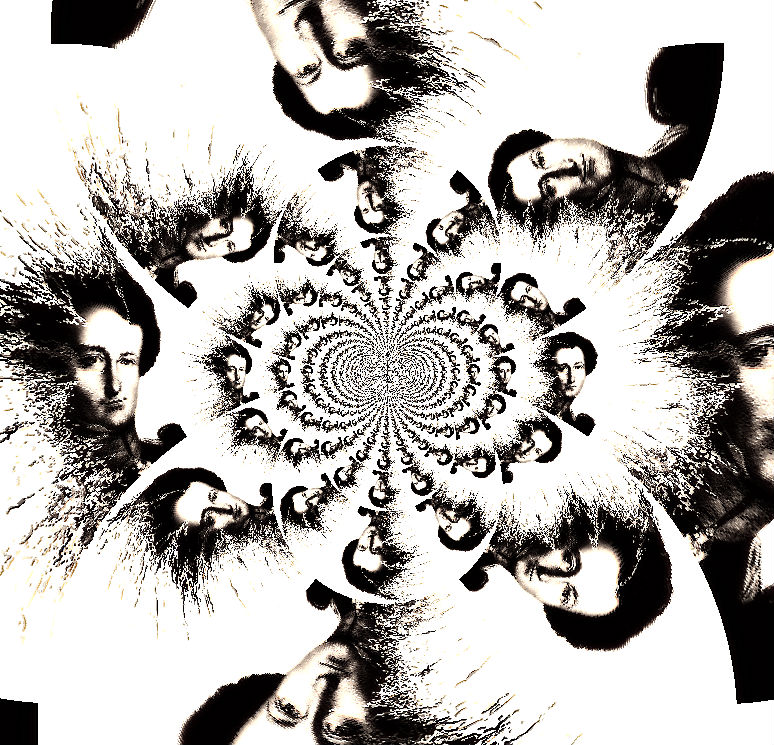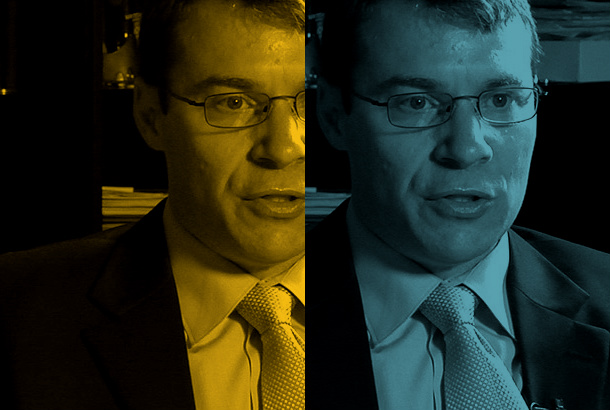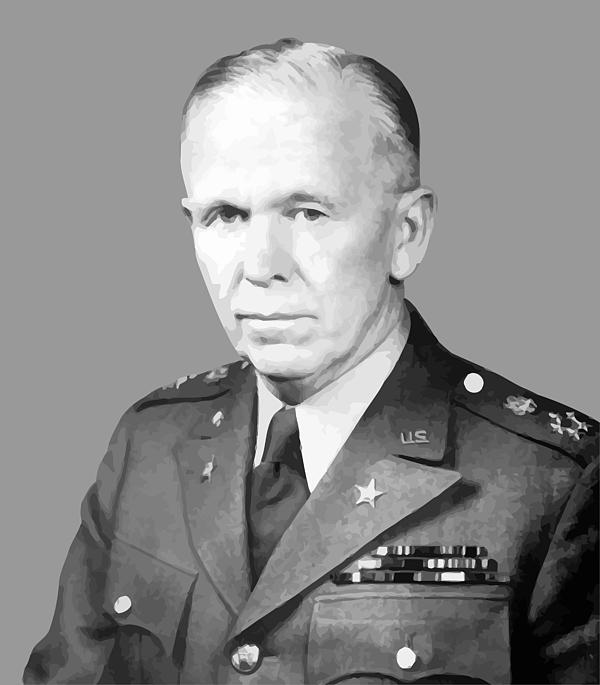Bassford’s Dynamic Trinitarianism Part I.
Monday, September 10th, 2012
“Clausewitz wants us to accept the practical reality that these dynamic forces are ever-present and constantly interacting in the everyday world….”
I just finished reading a working paper by Professor Christopher Bassford he has posted at Clausewitz.com that I am strongly recommending to the readership (with a hat tip to Peter at SWJ Blog).
Tiptoe Through the Trinity, or, The Strange Persistence of Trinitarian Warfare.
At 31 pages of analytic prose, diagrams and footnotes regarding the nature of Carl von Clausewitz’s “fascinating” trinity; how Bassford thinks Michael Howard and Peter Paret got some important points in their translation of On War wrong ; the real meaning of Politik and on the perfidy of non-trinitarians – Bassford’s paper is not a quick read but a worthwhile one. I learned some important things about On War from reading this paper and had some uncertain speculations strengthened by Bassford’s expertise on Clausewitz and Clausewitzians. I am not going to attempt a summary of so long and abstruse an argument, but I would instead like to highlight some of Bassford’s more valuable insights. There were also a couple of points where, in stretching to make analogies with other fields, I think Bassford may be going astray, as well as some commentary I might make regarding “non-state war”.
This paper will be more digestible if we blog the topics one at a time, in succession.
The most important part in the paper and I think most helpful to people who have not read On War many times was Bassford’s emphasis on the extremely dynamic nature of Clausewitz’s “fascinating” (his translation) trinity:
….in fact, the Trinity is the central concept in On War. I don’t mean “central” in the sense that, say, Jon Sumida applied in his conference paper*7 to Clausewitz’s concept of the inherent superiority of the defensive form of war. That is, I do not argue that the Trinity is Clausewitz’s “most important” concept, that the desire to convey it was his primary motivation in writing, or that all of his other insights flowed from this one. Rather, I mean simply that the Trinity is the concept that ties all of Clausewitz’s many ideas together and binds them into a meaningful whole.
….In any case, the role of the Trinity within the narrow confines of Book One, Chapter One ofOn War, which reflects Clausewitz’s most mature thinking, is crucial. That chapter must be read in terms of Clausewitz’s dialectical examination of the nature of war. That discussion is very carefully structured but (purposefully, I suspect) largely unmarked by clear dialectical road markers labeling thesis, antithesis, and synthesis,*8 or even by sections clearly devoted to one stage of the dialectic or another. The Trinity itself represents the synthesis of this dialectical process.
….The H/P translation then gives the impression that the Trinity is being offered simply as an alternative metaphor. In truth, Clausewitz has already ceased riffing on the chameleon imagery. He is actually switching to a whole new metaphor, with a new structure, new entailments, and new purposes. The chameleon metaphor pointed to changes in war’s appearance from case to case; the Trinity addresses the underlying forces that drive those changes.
….The second problem here is the choice of modifying adjective. It seems that no modern translator is prepared to render wunderliche in the military context as “wonderful,” “wondrous,” or “marvelous” (much less “queer,” “quaint,” or “eccentric,” all good dictionary definitions). H/P 1976 gives “remarkable,” a throw-away word of no particular significance. This was changed to “paradoxical” in the 1984 edition, but this word seems to have no relationship to wunderliche and carries inappropriately negative connotations. Clausewitz wants us to accept the practical reality that these dynamic forces are ever-present and constantly interacting in the everyday world. But he clearly found this shifting interaction really, really interesting—to the point of being mesmerized by it.
…..Clausewitz, in contrast, was skeptical (to put it mildly) of any positive doctrine that was not highly context-specific. The pursuit of such a doctrine was entirely alien to his approach to theory. His Trinity was descriptive, not prescriptive, and foretold the very opposite of balance. (Schwebe carries the connotation of dynamism, not equilibrium.) The message of this Trinity was that the relationships among his three elements were inherently unstable and shifting. What he actually said was that “the task … is to keep our theory [of war] floating among these three tendencies,” and not to try to set, or to count on, any fixed relationship among them.
….it is the infinite variability among the trinity’s factors and in their interaction that underlies Clausewitz’s insistence on the inherent unpredictability of war. It is a classic model of Chaos, in the modern scientific sense.
….In short, this last element of the Trinity represents concrete reality, i.e., everything outside of our own skull and its emotions and calculations.
…. Clausewitz’s Trinity is all-inclusive and universal, comprising the subjective and the objective; the unilateral and multilateral; the intellectual, the emotional, and the physical components that comprise the phenomenon of war in any human construct. Indeed, through the subtraction of a few adjectives that narrow its scope to war, it is easily expanded to encompass all of human experience. It is thus a profoundly realistic concept.
What came across to me from Bassford’s essay is that the Clausewitzian trinity makes the most sense understood as a true trinity – three separate coexistent forces in unity – and not a mere triad, which would be a simple grouping of three forces. So while Bassford is probably right that Clausewitz had no mystical intentions whatsoever here, his contemporary readership, aristocratic, educated, army officers versed in Christian doctrine of the Holy Trinity, would have grasped the difference and that primordial violence and hatred, probability and chance and the pure reason of policy were in fusion and tension and not three entirely separated forces.
I particularly like Bassford’s analysis that the trinity was unstable and shifting which wars frequently do, sliding from disciplined and limited use of military force to unconstrained barbarism or “total war” and back again.






